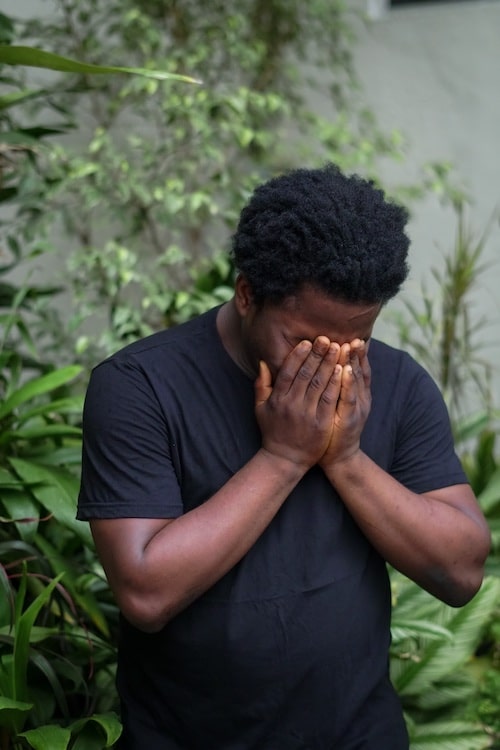We enjoyed an interesting and thought provoking in-person seminar with our host, Briony Martin. The…
Working Mindfully with Complex Trauma (part 1) with Margaret Landale (June 2014)
Mindfulness is paying attention, on purpose and with acceptance, to direct experience as it is. It is not a concept but a practice, and its benefits can only be gained through regular, formal practice. Mindfulness has always been a part of the ancient Buddhist meditation traditions, but has been developed recently into a more secular approach and used in various psychological therapies, for example to help with stress reduction.
Mindfulness is an important resource and life-skill for everyone because it helps regulate stress, promotes positive mood, supports the immune system and increases our ability to concentrate. Above all, it helps us to accept “what is”, enabling us to become curious rather than anxious, and so enabling us to respond more creatively, rather than reacting or behaving in “auto pilot”, driven by old beliefs or habits.
We learned in our recent seminar with Margaret Landale that, as therapists, one of the best ways to “teach” clients is to model it through our own mindfulness practice – to “embody” mindfulness ourselves – which will then be communicated non-verbally to our clients. Margaret says: “Communication is determined by sensory and felt experience. The client will subconsciously respond to the therapist’s facial expression, eye contact, tone of voice and body posture/language. Language arises from a deep level of relational attunement”.
Margaret’s style, delivery and content were all excellent and we received extremely positive feedback from our attendees. We all enjoyed her enthusiastic, informative and gentle approach to learning new techniques. Best of all, I now have a much more accessible key to my own meditation practice which, prior to the workshop, had been tentative at best and quite often non-existent. We look forward to part 2 when we will be applying mindfulness to helping our clients with complex trauma.
by: Wendy Bramham




This Post Has 0 Comments